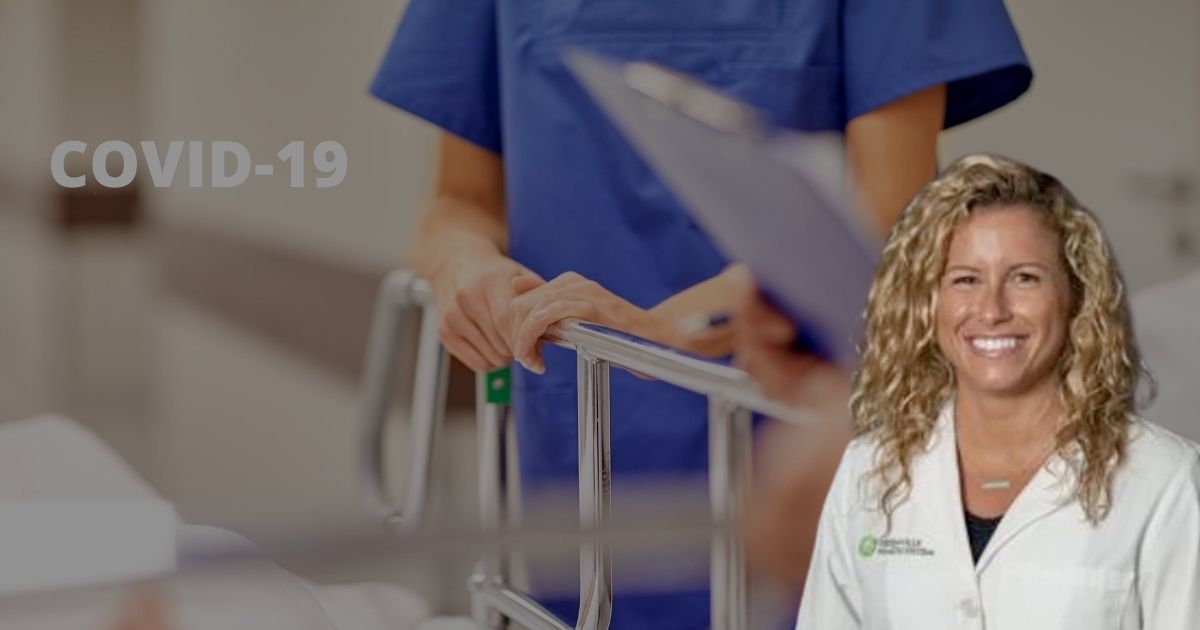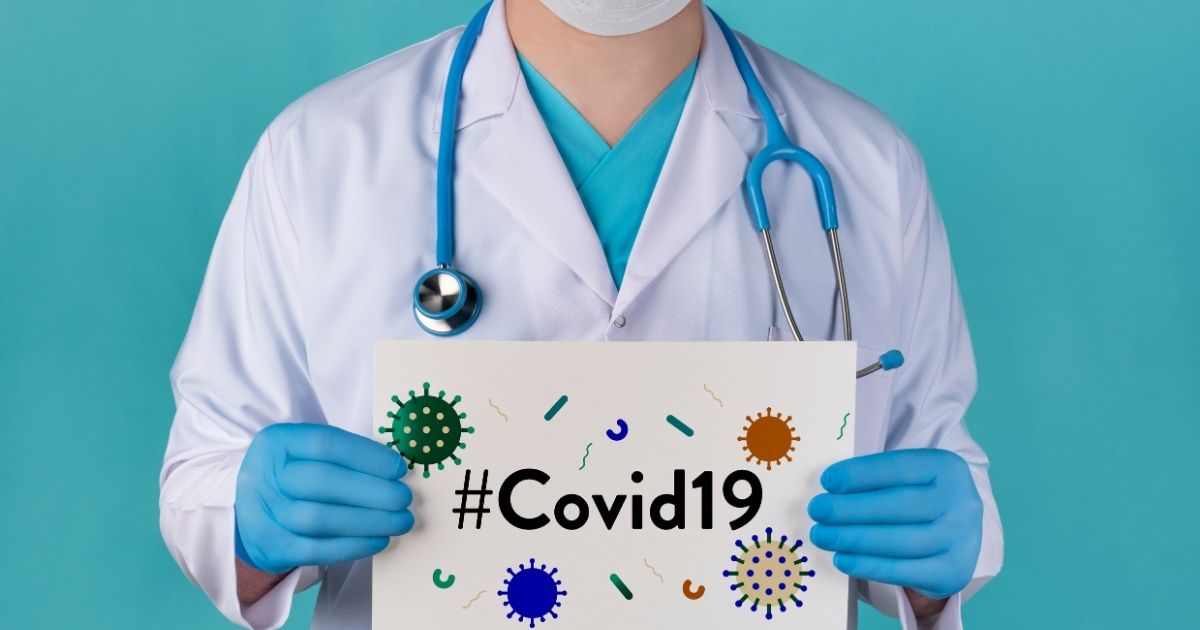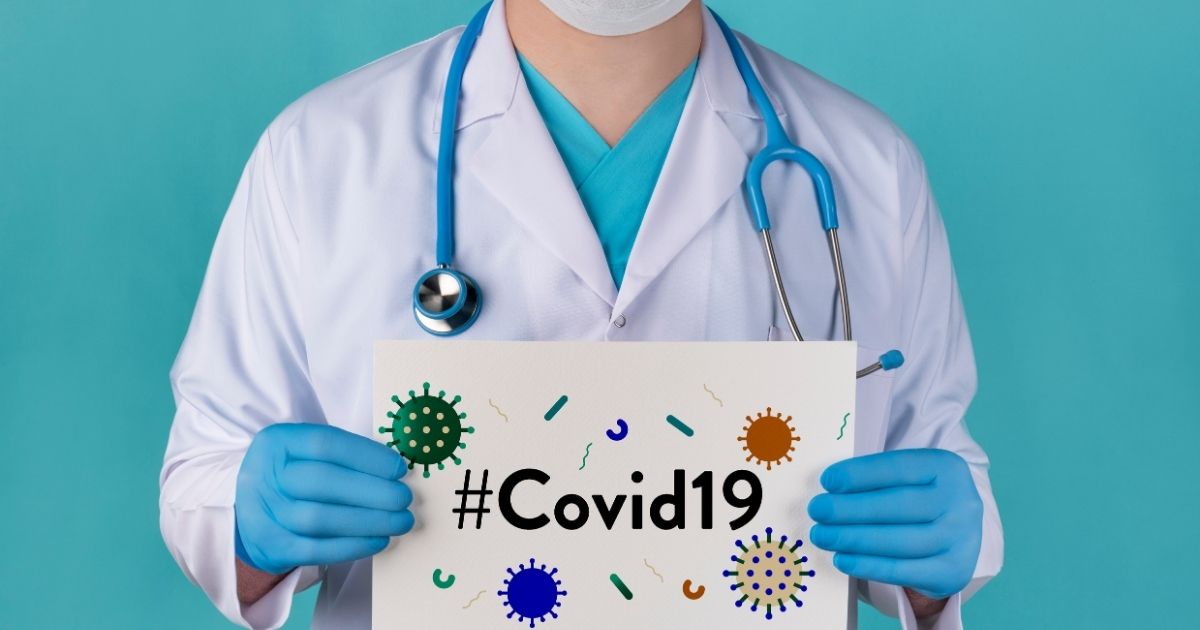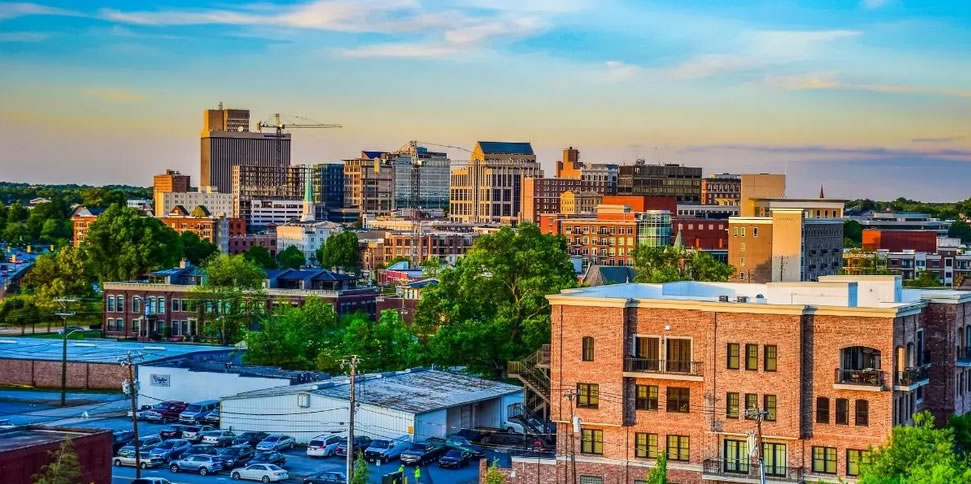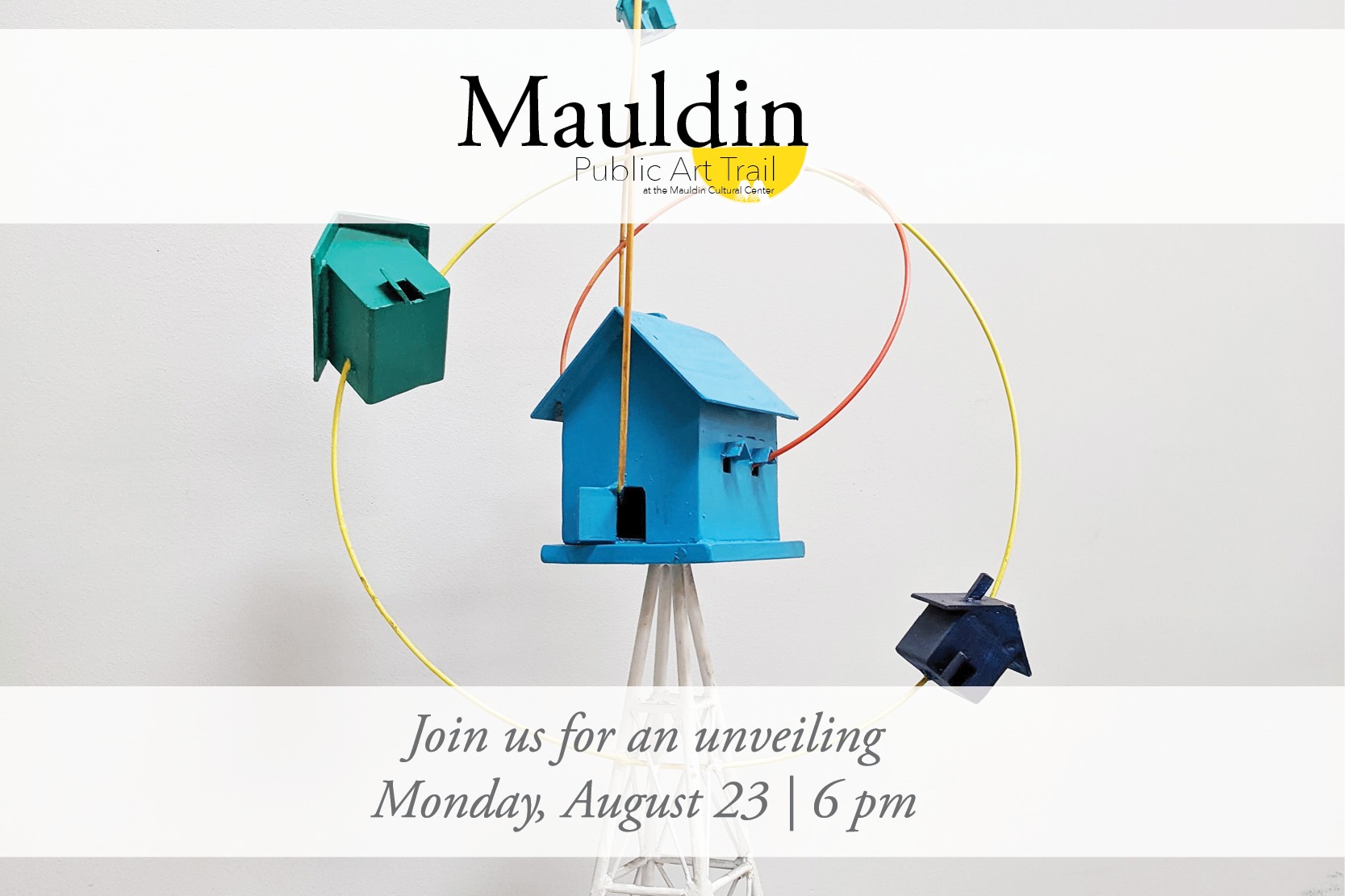This story originally was published on The YoPro Know and is being shared here with permission. You can learn more about The YoPro Know here.
Here’s the Interview
Kamber Parker
Owner, Creator, The YoPro Know
Michele Dupuis MD
Age: 34
Job: Emergency Medicine
Location: Greenville, South Carolina
Michele and I were connected through a mutual friend and before you take a moment to read her interview, I want to thank her for being on the front lines not just during the current crisis, but all of the time in the ER. In this interview, we cover everything from the current crisis to when she knew the medical field was the right career path for her.
Tell us about your background.
I’m originally from a pretty small town in Michigan in the Upper Peninsula and did my undergrad at Grand Valley State University followed by medical school at Michigan State University. I did my residency training in emergency medicine, which is a three-year program in Roanoke, Virginia, and moved to Greenville, South Carolina after residency to start my career. I met my husband here and we have lived here with our three dogs for four years now.
I’m glad I came to Greenville because I was really looking for a new start after being in Michigan for most of my life. I fell in love with the city here and now work at Prisma Health, which has been a great hospital system to work for. I work in the emergency room here and my role is 100% clinical, meaning I just work in the ER, so I’m not a part of any dedicated teaching.
What does your day to day look like?
Since emergency medicine is considered shift work, our hours are very scattered, so we cover all shifts on all days of the week. My schedule is different every month and I don’t ever work the same schedule twice, which is part of the draw of emergency medicine and also part of the downfall, depending on how you look at it. We typically work anywhere from 8 to 12-hour shifts. Sometimes I work overnight as well, but it kind of varies depending on how your schedule falls. There is some flexibility in it, but it’s definitely not for someone who requires a structured schedule. You have to be pretty flexible to do it.
An average workday really varies a lot for me. I see anybody who comes in through the emergency room, whether that is for a sprained ankle, heart attack, car accident, infection, or pregnancy problems. Part of the job that makes it interesting is that I don’t know what I’m seeing every day. Don’t get me wrong, we see a lot of the same stuff over and over again, but you never know what’s going to be coming through that door on any particular day.

South Carolina Covid-19 Dashboard
How has your work changed since the start of the pandemic?
Being in emergency medicine is kind of a prime specialty to be in for any sort of public health crisis. No licensed physician alive today has worked through a pandemic, so this is new for everybody. All systems are kind of figuring out how to make sure we have enough resources, how we are going to pay for the resources, and how we are going to stagger our staff. Right now, the biggest change has been the volume. People are actually listening to instructions and are staying out of the department unless they’re really sick. As a result, our volume has gone way down.
What measures has your employer taken to keep you and your patients safe?
Before the pandemic hit, people came to the ER for everything, which is really an access to care issue. Part of it is just convenient to have the option to come into the ER. The thing that has changed is our awareness of the problem and how much we’re protecting ourselves and our patients. Prisma Health has done a really good job in ramping up our facilities. They have converted a hospital that used to be a long-term care facility to a COVID center so we can concentrate all of our COVID patients in one place. We’ve also upped our staff so that we are prepared for an overflow of patients if we’re seeing a lot of respiratory patients. We can separate those people that potentially have COVID from the rest of the patients waiting to hopefully prevent spread. One cool part throughout all of this has been working with the private sector in obtaining more medical supplies, because that has been a big issue too, not knowing if we will have enough masks and ventilators. I think we’re as prepared as we can be with the information that we have. On a day to day basis, my job is still the same, and I still am responsible for caring for everybody that comes to the ER. There’s just a little more risk with it, depending on what we’re having to do with patients and how we’re potentially exposed to the virus. Of course, we are taking extra precautions when doing invasive procedures but for the most part, we’re still the frontline.
What measures have you taken personally as a result of the current crisis?
We always have gloves, a gown, and eye protection on if we have a high-risk patient that we suspect might have COVID-19. When I come home, all of my work stuff stays in my car, my shoes are left in the garage, and nothing from outside gets in, mostly so I can protect my husband from getting anything. Then, I’ll immediately hop in the shower because there’s the literature that this virus can survive on your eyelashes, your hair, your clothes, and your skin.
Do you have a message for young professionals about their health and safety at this time?
Absolutely. Of course, it’s all over the news, regarding social distancing. The U.S. healthcare system already operates at almost full capacity, if not over capacity, on any given day. To have something around like COVID-19, which potentially is going to affect tens of thousands of people all at the same time, our system is expected to operate at more than 100%. Social distancing is the best way to lessen how many patients we have coming in at one time. Rather than creating a bolus of however many patients at one time, we’re trying to spread it out to make sure that we have the resources and the capacity to take care of everybody the way that they should. The last thing we would want to do is have to make decisions about who’s going to get a ventilator or who’s getting the primary resources.
Some tips I have are:
1. Social distancing really is only interacting with people in your household, which is really hard right now. I totally get it. I want to be outside, I want to be hanging out with my friends, grilling and having a beer on the back porch with everybody. It’s really about limiting your interactions. Of course, if you’re an essential employee, you have to go to work, and that’s fine, but otherwise limiting your interactions to only people within your household is key.
2. Masks are a great idea and if you use them correctly, you’re doing yourself and others a huge service. I’m sure you’ve already heard this, but try not to wear the N95s, or masks that healthcare employees need, because there is a shortage on those and we’re trying to conserve them for when we absolutely need them.
3. As far as wearing gloves, that’s not going to actually help you and it may actually bring more germs into your house. Just make sure you wash your hands well.
4. Wash your fresh produce, throw away packaging if you can do that.
It’s really all about keeping yourself as healthy as possible during this time!
How did you know that medicine was the career path for you?
I didn’t decide I wanted to go to medical school until near the end of my sophomore year of undergrad. I had kind of bounced around to several different majors and career paths and finally settled on medicine. You study hard, you’re doing the MCAT and you’re doing all this stuff. I think the biggest thing I learned from undergrad was to only invest your time in things that are important to you and things that you actually value. A great example is how people used to tell me “Oh, you need to do research or you’re never going to get into medical school.” It just wasn’t something that interested me, even after giving it a try. Instead, I invested my time in something that did interest me, which was getting involved in direct patient care, so I volunteered in a hospital. I believe there are multiple ways to get to your end game, and finding something that’s going to be beneficial for you as well as helping you reach your goal is probably the best way to go.
What do you do to take care of yourself in your professional life?
In medical school, the biggest takeaway I had was prioritizing myself, and it’s very easy to not focus on that. Medicine is so expansive now that you could be studying every second of every day for all four years of medical school and you could still not know everything. I made sure that I exercised all the time. I would set goals, like running a couple of marathons, which was good for me because it kept me on a schedule and it gave me something to look forward to besides school. I saw a lot of classmates only focused on school and their health really suffered. Some of them will tell you that it was the worst time of their lives because they were just so consumed with school and did nothing else. Your time is very limited in medical school and you have to find that balance, but really prioritizing yourself and your wellness is probably the most important thing. I’ve kind of carried that through with me as I’ve gone through residency, too. Each phase of our life brings different and new stresses. If you have a couple of things that you can focus on and really bring yourself back to, I think that helps ground you through each phase and prioritize yourself.
Do you have any last-minute words of advice?
Don’t get discouraged easily. People will be very quick to tell you how hard something is and how difficult it’s going to be. Medicine is no different and medicine is probably the most challenging, yet the most rewarding, thing I’ve ever done. There have been days where I’ve wanted to quit, but there have also been so many days that I’m very thankful for my job and that I get to go to work every day. I think just believing in yourself, as cliché as that sounds, is the biggest thing you can do. Giving yourself the grace to feel anxiety and stress and uncertainty and all of those things is totally normal.
The YoPro Know’s Takeaways:
– No licensed physician alive today has worked through a pandemic
– Only invest your time in things that are important to you
– Prioritize yourself
– Don’t get discouraged easily
– Give yourself the grace to feel anxiety, stress, and uncertainty; it’s totally normal.
Check it out: Grand Valley State University, Michigan State University Medical School, Prisma Health
More The YoPro Know Features
[catlist name=”YoPro”]
About The YoPro Know
Whether you are someone looking to join the workforce soon and are curious about different fields, a young professional looking to see what your peers are up to, or someone from a more experienced generation that just wants to figure out what’s going on in our millennial heads these days, this blog is a platform for everyone. I ask each young professional I interview to connect me to the next young professional, preferably from a different field and region than themselves. Not only does this blog illustrate that we can relate in some way to these young professionals; it also shows that we are all interconnected.
More Covid-19 Headlines
[catlist name=”virus”]

